Five things you need to know about the coronavirus pandemic this Tuesday evening.
Here are five things you need to know about the coronavirus pandemic this Tuesday evening. We’ll have another update for you tomorrow morning.
Our health correspondent Nick Triggle considers the joint report by two committees of MPs that describes the UK’s early Covid response as one of the worst ever public health failures. Nick breaks down the report’s findings – including the UK’s focus on flu, a lack of testing, and the trap of group think. Read his analysis here.
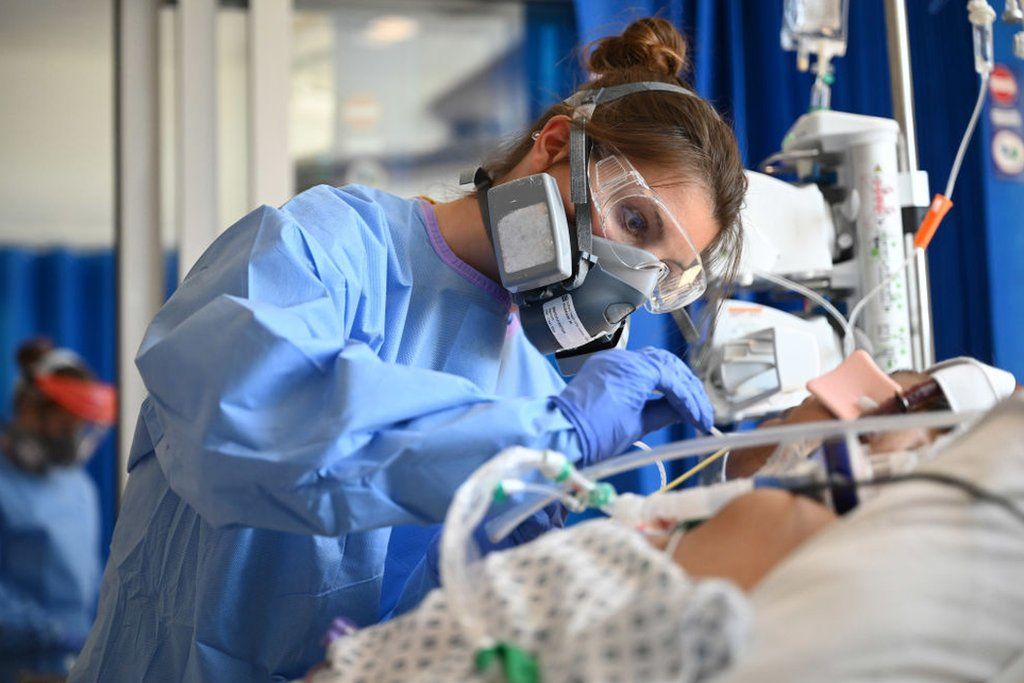
Image source, Getty Images

Meanwhile, the government’s chief scientific adviser Sir Patrick Vallance says his job is “not to sugarcoat” reality when speaking to the PM about Covid. He said he had to give Boris Johnson and MPs the evidence – not worrying whether they would like it. In a BBC Radio 4 interview given before the MPs’ report was published, he also says “you’ve got to go sooner than you want” when it comes to taking action.
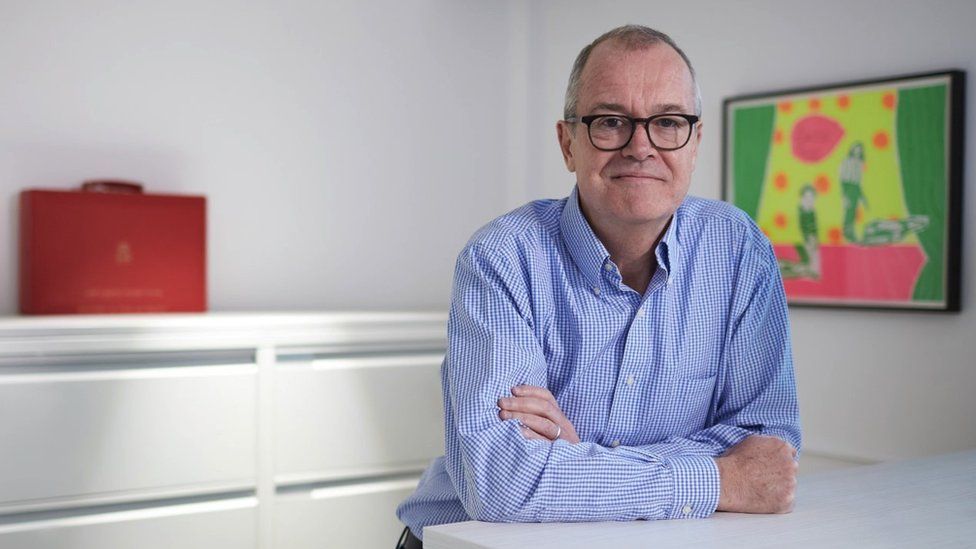
Image source, Government Office for Science

The number of job vacancies in the UK has hit a record high, amid a continued recovery of the jobs market from Covid. Vacancies hit 1.1 million between July and September, the Office for National Statistics said, the highest level since records began in 2001. The largest increase in vacancies was in the retail sector and in motor vehicle repair.
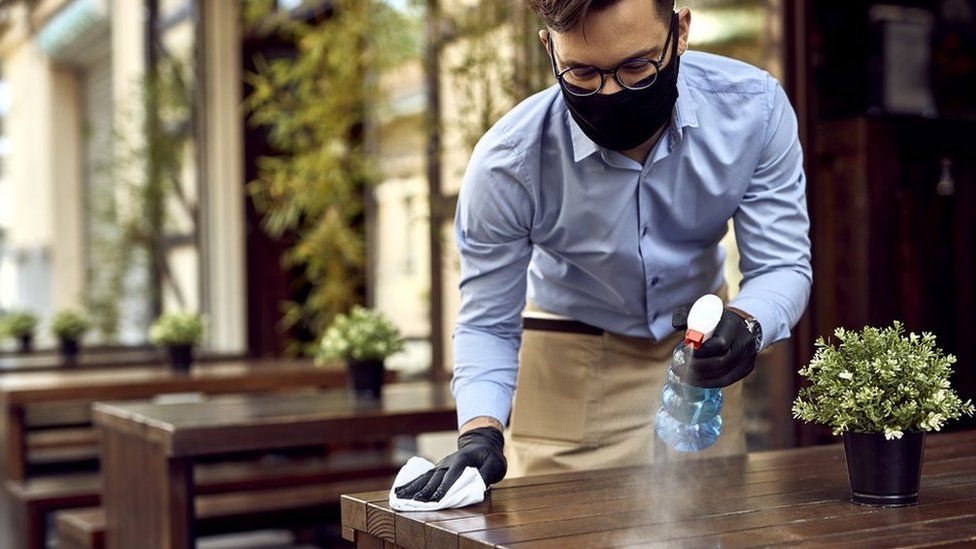
Image source, Getty Images

The economic recovery has weakened in most rich nations due to the impact of the Delta variant of coronavirus, the International Monetary Fund says. The fund cut its 2021 growth forecasts for advanced economies.
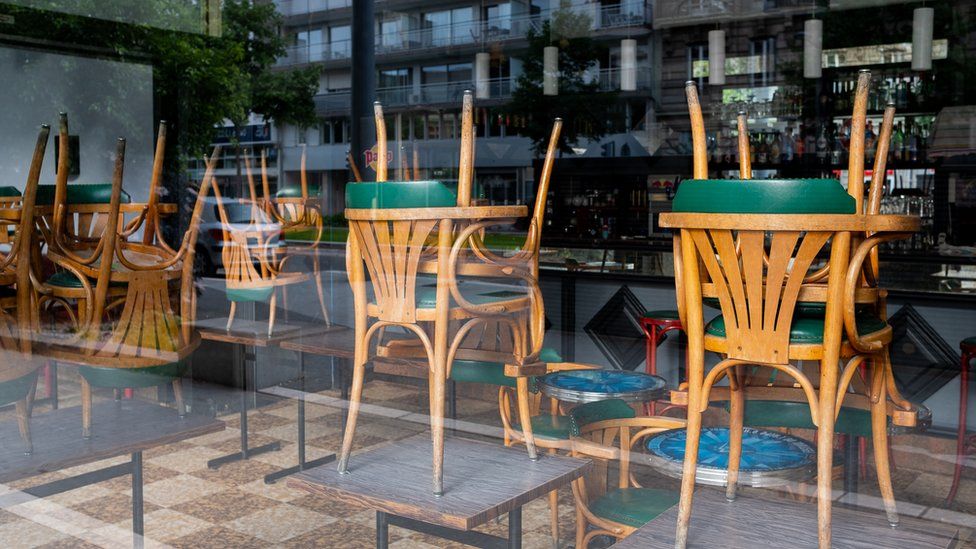
Image source, Getty Images

Sports clubs and community groups had to shut during the coronavirus pandemic, stripping some people of their valued support networks. Now that these groups are able to get back together, BBC News went to a bowls club to find out how people are getting on.
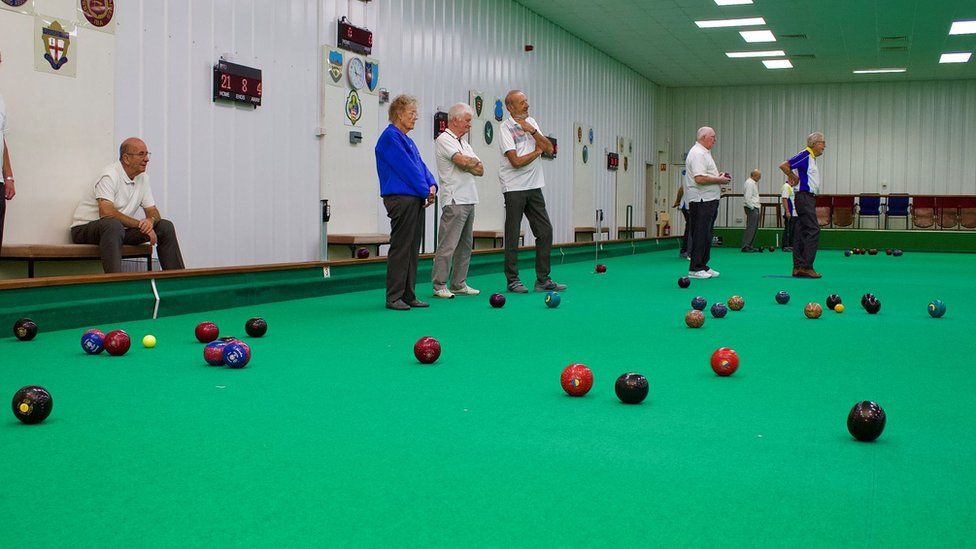
Image source, Martin Giles/BBC
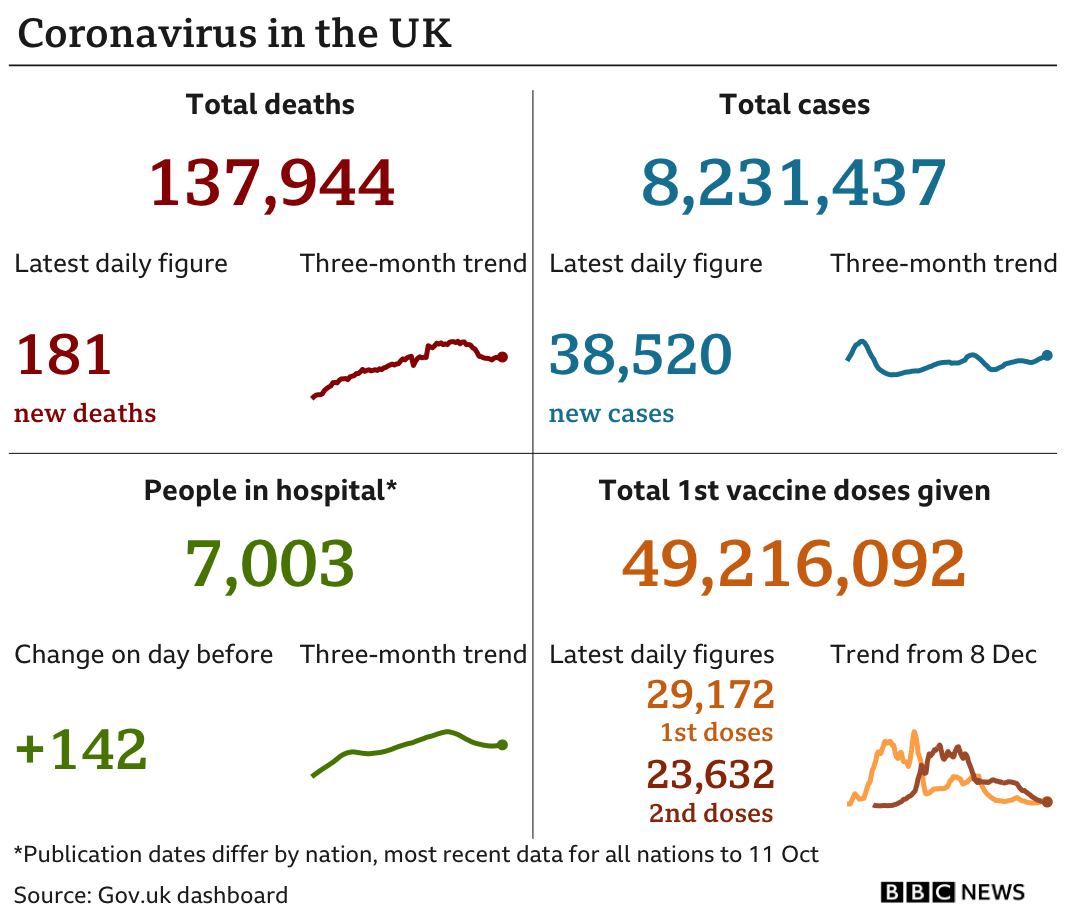
You can find more information, advice and guides on our coronavirus page.
Worried you might have “long Covid”? Check out the symptoms.


Image source, BBC
What questions do you have about coronavirus?
In some cases, your question will be published, displaying your name, age and location as you provide it, unless you state otherwise. Your contact details will never be published. Please ensure you have read our terms & conditions and privacy policy.
Use this form to ask your question:
If you are reading this page and can’t see the form you will need to visit the mobile version of the BBC website to submit your question or send them via email to YourQuestions@bbc.co.uk. Please include your name, age and location with any question you send in.

